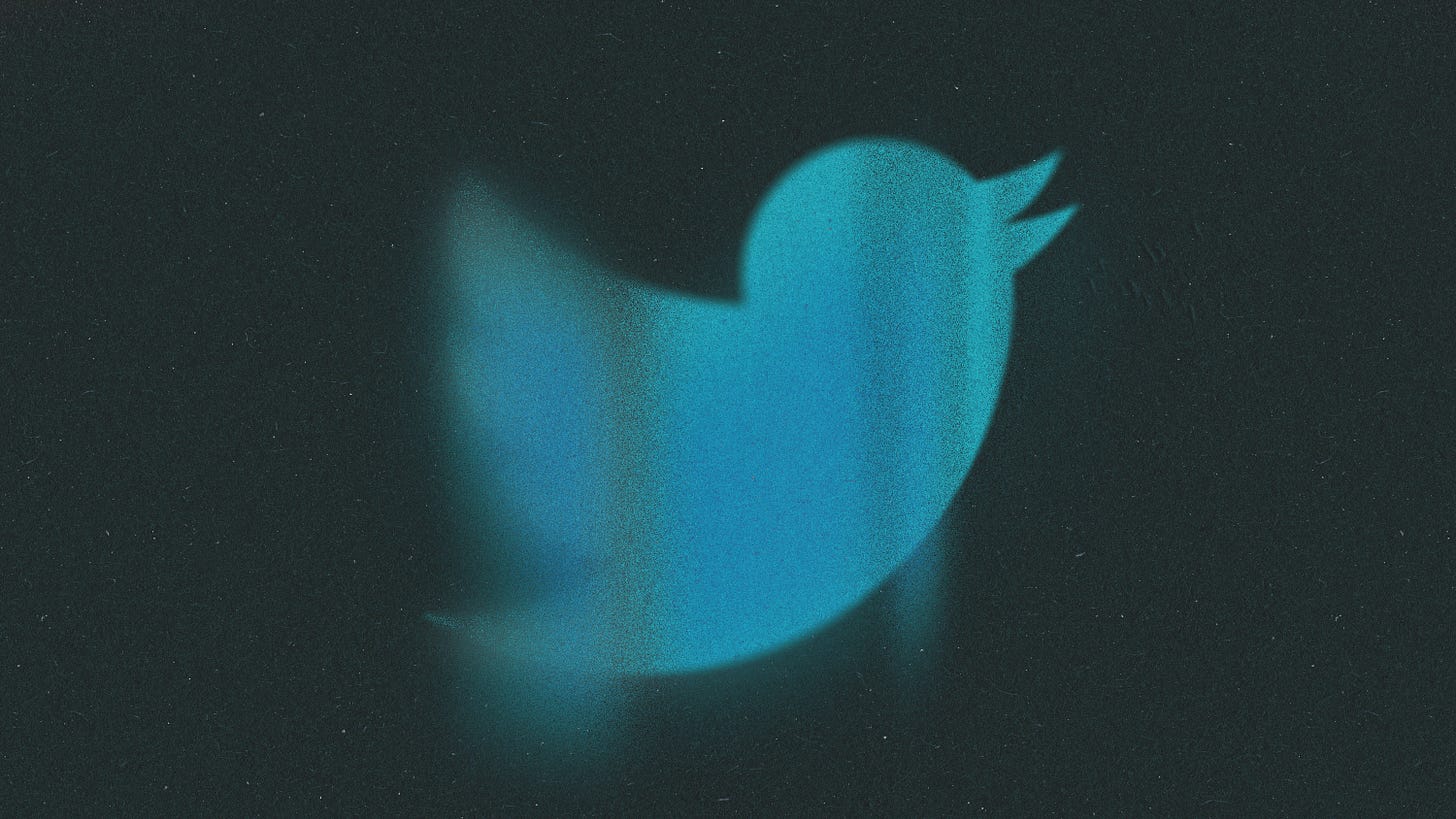How Twitter Will Break [Content Made Simple]
Issue #288: Meta cuts jobs, Mastodon explainer, and more.
TOP OF THE WEEK
Twitter Engineer: Here’s How Twitter Will Break
Quote:
A massive tech platform like Twitter is built upon very many interdependent parts. “The larger catastrophic failures are a little more titillating, but the biggest risk is the smaller things starting to degrade,” says Ben Krueger, a site reliability engineer who has more than two decades of experience in the tech industry. “These are very big, very complicated systems.” Krueger says one 2017 presentation from Twitter staff includes a statistic suggesting that more than half the back-end infrastructure was dedicated to storing data.
While many of Musk’s detractors may hope the platform goes through the equivalent of thermonuclear destruction, the collapse of something like Twitter happens gradually. For those who know, gradual breakdowns are a sign of concern that a larger crash could be imminent. And that’s what’s happening now.
Commentary:
This is super interesting. The whole Twitter thing is so wild. Best I can tell, the Twitter engineer is right. If Twitter dies, it will be a slow death, not a quick, loud one.
THE TRIVIA QUESTION
Which country in the world exports the most bananas?
Answer at the bottom.
HITTING THE LINKS
Link #1: Meta to Cut 11,000 Jobs; Zuckerberg Says ‘I Got This Wrong’
This will be good for Meta.
“I want to take accountability for these decisions and for how we got here,” Zuckerberg said in the statement that was sent to Meta employees and posted on the company’s website. “I know this is tough for everyone, and I’m especially sorry to those impacted.”
The company said that while reductions will happen across the company, its recruiting team will be disproportionately affected and its business teams would be restructured “more substantially.” Meta will also reduce its real estate footprint, review its infrastructure spending and transition some employees to desk sharing, with more cost-cutting announcements expected in the coming months.
Link #2: Mastodon Is Just Blogs
Lots of folks hopping to Mastodon. I will not be. But this is a good read about it.
Mastodon has been around for six years now—and the various standards it is built on have been in development I believe since 2008.
A whole generation of early adopters have been kicking the tyres on this thing for years. It is not a new, untested piece of software. A lot of smart people have put a lot of work into this for a long time.
No-one could have predicted that Elon would drive it into hockeystick growth mode in under a week. Despite the fact that it’s run by volunteers with no profit motive anywhere to be found, it’s holding together impressively well.
Link #3: Why Did We All Have the Same Childhood?
Such a great article. I have always wondered about so much of this stuff.
Children themselves probably couldn’t tell you where their lore began. If you ask a kid where a particular game or rhyme came from, they’ll likely tell you they invented it, Rebekah Willett, a professor at the Information School at the University of Wisconsin at Madison who has studied childlore, told me: “They cannot trace it, and they have no investment in tracing it.” Indeed, thinking back to the lore of my own youth, I have no idea how my friends and I thought to give each other “cootie shots” with the lead of a mechanical pencil, or why everyone in my elementary-school art class would smear their hands with Elmer’s glue, wait for it to dry, and then methodically peel it off (other than the fact that it was super fun and I would do it again right now if I had some glue nearby). These things were almost like analog memes, micro-bits of culture that seemed to come from nowhere and everywhere.
THE FUNNY PART
You can subscribe to The Funnies here. (It is a weekly email of funny internet content, and it will always be free.)



